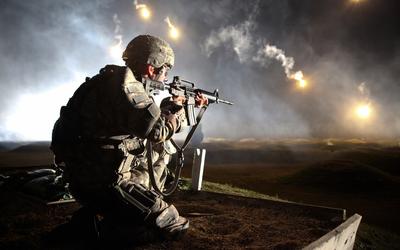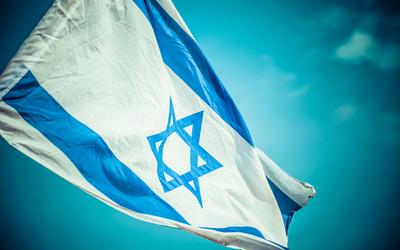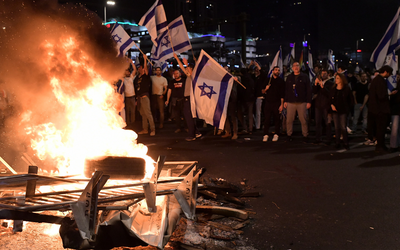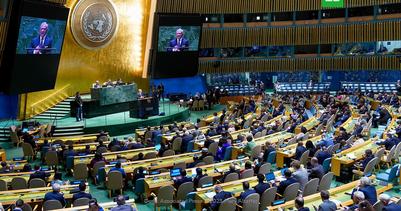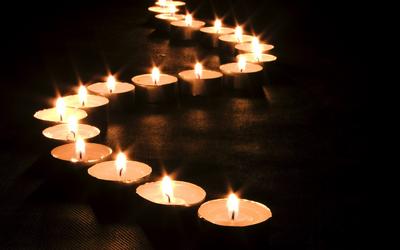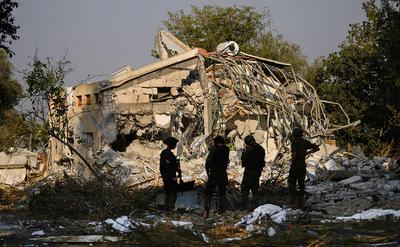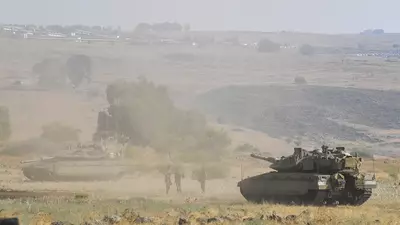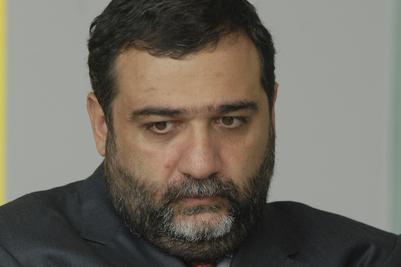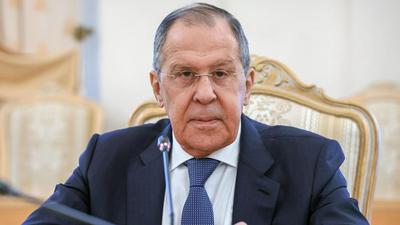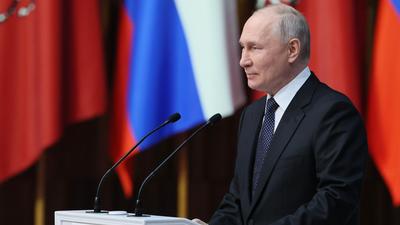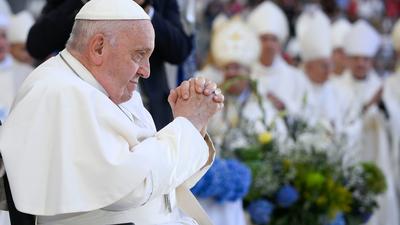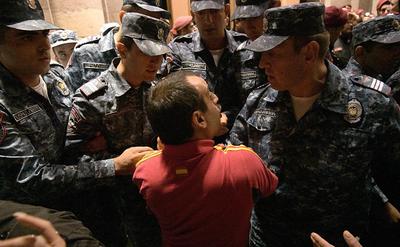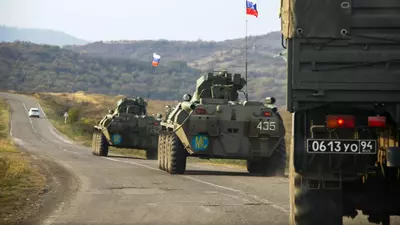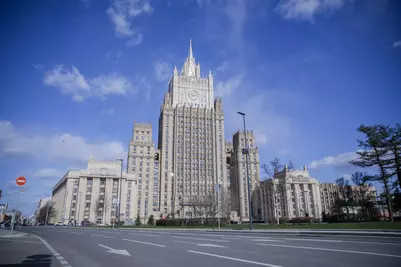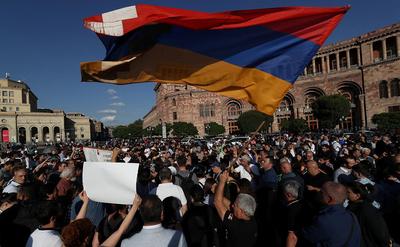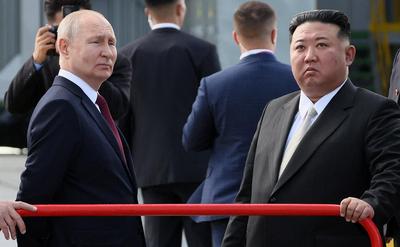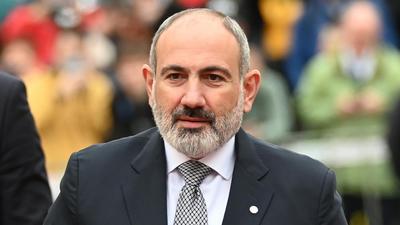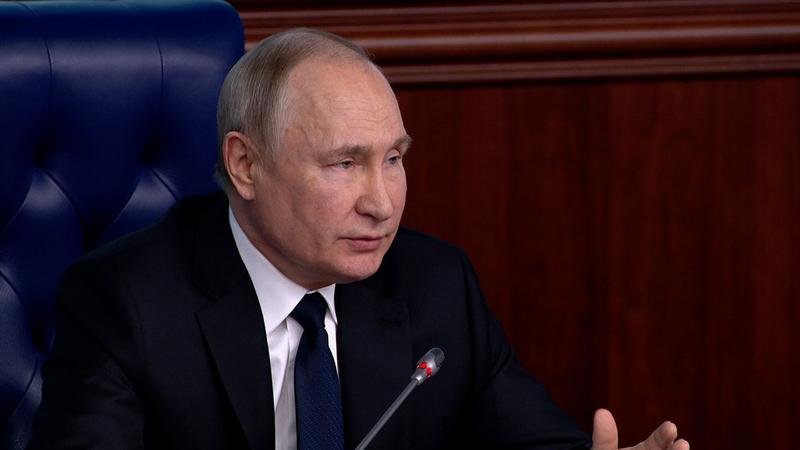
Putin: with the rejection of the UN, the world will plunge into chaos
If the world abandons the UN, then chaos will ensue in world politics, Russian President Vladimir Putin said at the Valdai Forum. RBC was broadcasting the event.
"If you completely send the UN Charter to the dustbin of history without replacing it with anything, then chaos is inevitable and can lead to very serious consequences," Putin said.
The Head of State noted that today's international situation is different from what it was in 1945, when the UN was founded. Today's international law is based on the Charter of this organization.
Putin clarified that this is why he supports the proposals to reform the organization. In particular, he believes that the UN Security Council should be expanded, it should include new members who will play a more significant role in world politics. The head of state cited India as an example.
The proposal to expand the UN Security Council was made at the BRICS summit in August. The summit's final declaration states that expansion is necessary so that the Security Council can respond to existing global challenges and support the aspirations of new and developing countries in Africa, Asia and Latin America, including Brazil, India and South Africa, to play a more significant role in international affairs.
Proposals to reform the UN have also been made in the West. The United States believes that the UN Security Council should be "more inclusive and comprehensive."
Secretary General Antonio Guterres spoke about the need to reform the UN. "The world has changed, but our institutions have not. We cannot effectively solve the problems of the present if institutions do not reflect the world as it is. Instead of solving problems, they can become part of the problems," he said.
The Security Council is a permanent UN structure that is responsible for maintaining international peace and security, the organization's website says.
Currently, 15 countries are always represented in the Security Council: five permanent members and ten temporary ones. Permanent — Russia, the United States, Great Britain, China and France, they have the right of veto. The remaining ten are elected for two years.
Source: rbc
Follow us on в Telegram
